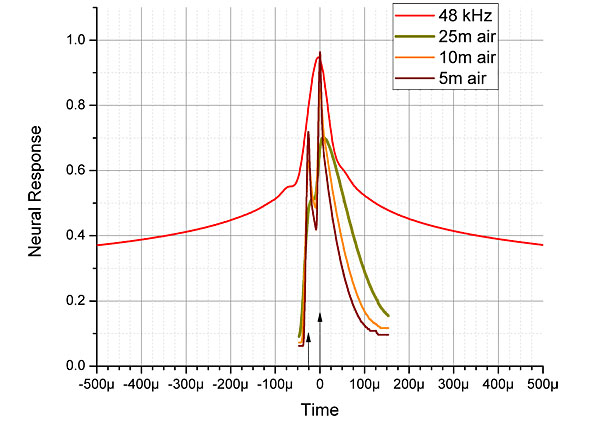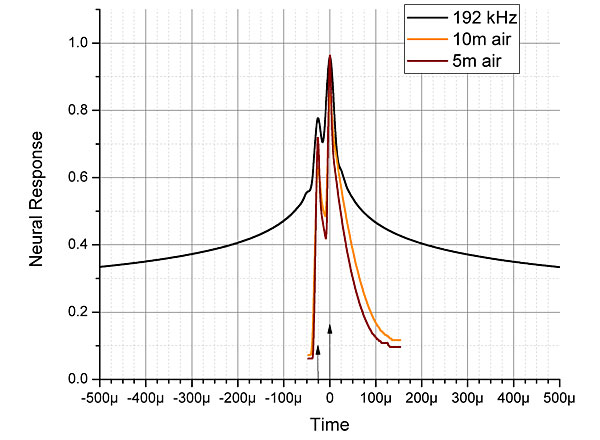jagwap
1000+ Head-Fier
Huh. Imagine that. Wonder why that would be,
But this is actually the problem: no master sounds anything like the original performance because it isn't possible, or even intended. That's not what recording/reproducing audio does. The recording/reproduction process strives to achieve a representation of the original that enables the listener to suspend disbelief well enough for the recording to be entertaining, because the reproducing system lacks any ability to reconstruct the original event (or even one similar). Often that representation is of something that never existed as a performance event at all. So it's not possible for any master to sound like the original performance, and that's not what is being attempted. Stating that a post-process can recreate something that goes beyond the abilities of any sound reproducing system is clearly bollox.
Sure, but that wasn't my point. The statement was the master should sound like the master. That does not say anything about quality.
Well, I don't know what MQA "thinks", but that's what they are selling. Perhaps they can do that to a small extent under certain very specific conditions. We still are asking if what they are doing is audible...at all...beyond just the claims...and then it would be nice to know the limitations.
Me too. I'm asking. Some here have already decided.
Too bad they didn't include analog recording in the graph. Or speakers...any speakers. Or rooms (with air in them). All of which show far more of this "blurring" than any digital system, yet aren't being considered. Sort of like saying how much better your vision is when you clean your glasses, but you're looking through a dirty window out into dense fog.
So it is not worth improving a mastering process because analogue tape form 35 years ago wasn't as good as the previous system? Or because speakers have imperfect crossovers, and the sound passes through air? Never mind that headphones exist, shouldn't the mastering process be as innocuous as possible compared to all the other effects? This stuff is usually cumulative.
That one made me smile. Agreed!























